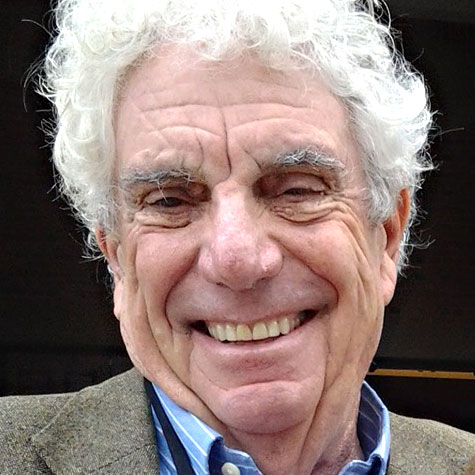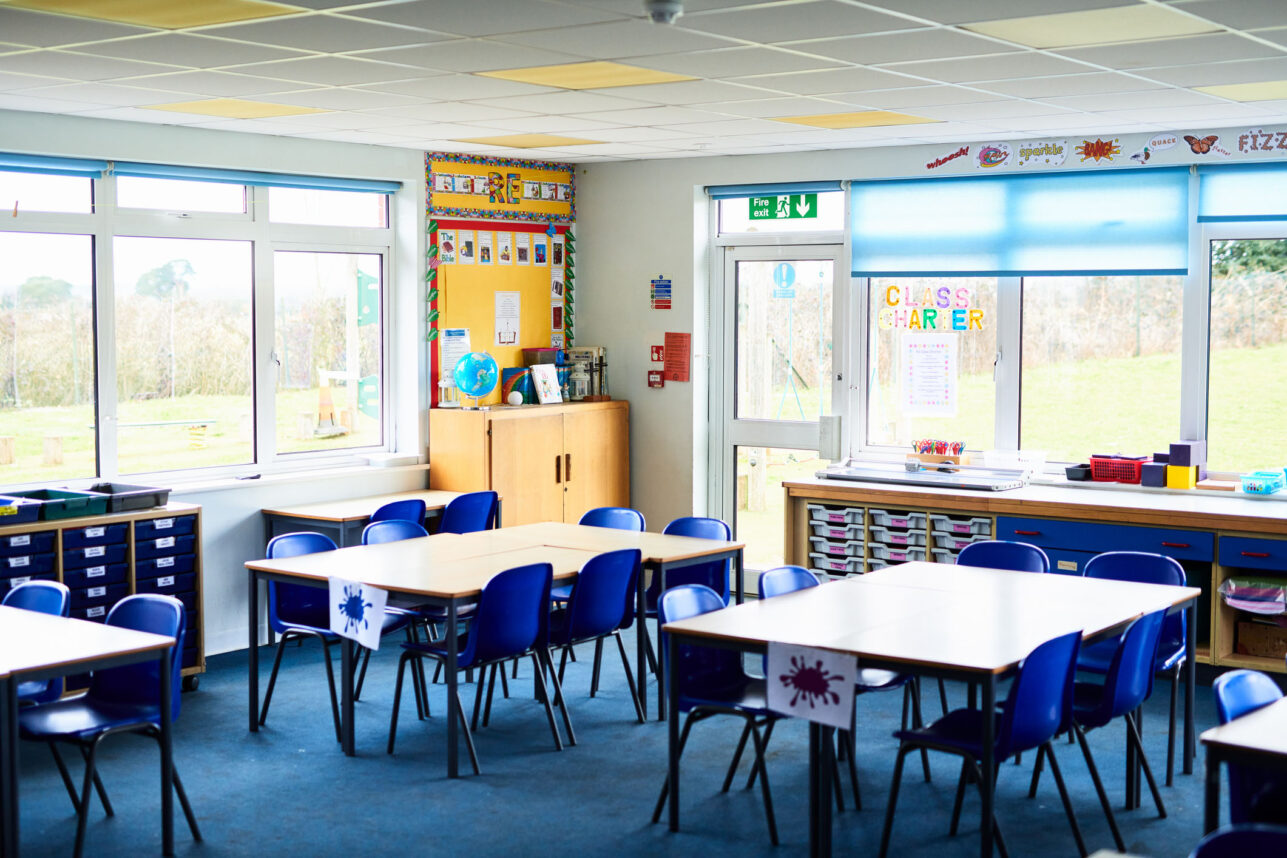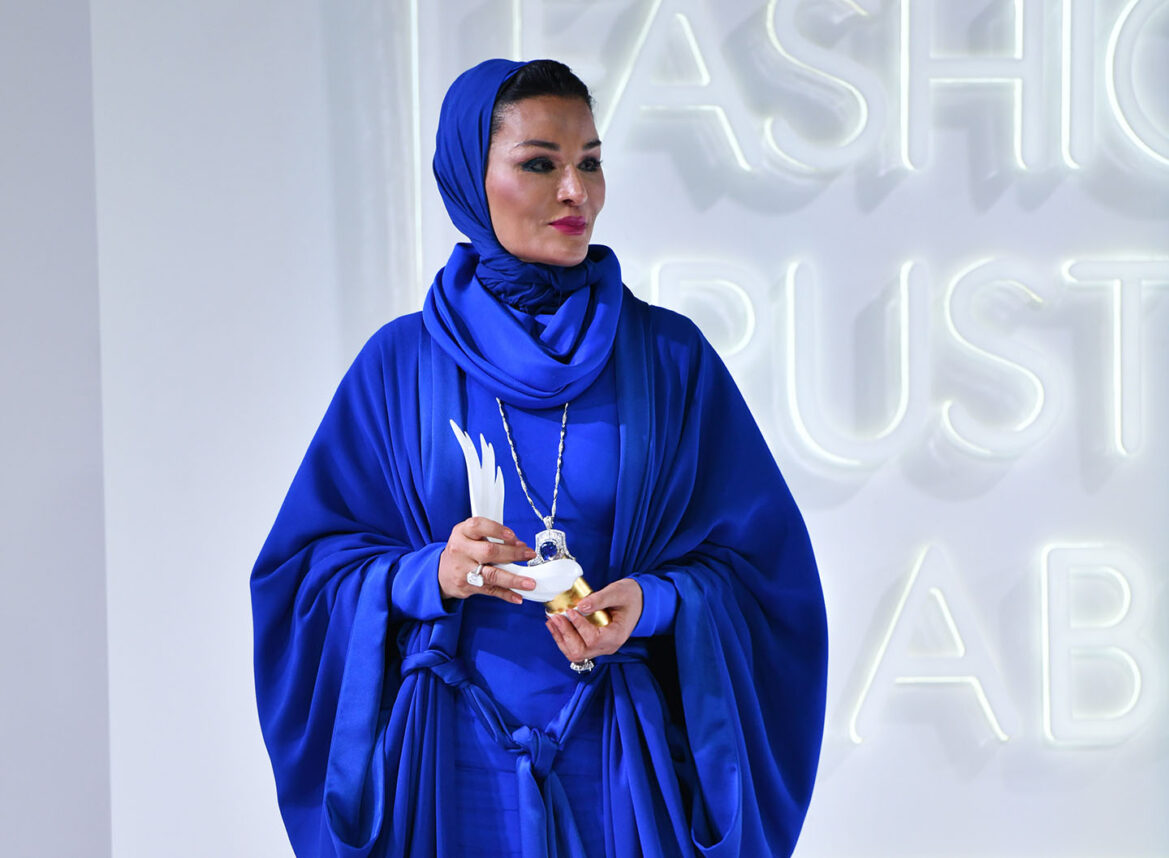“It’s really been an L.A. story,” said Los Angeles Unified School District (LAUSD) board member Steve Zimmer, who is in the middle of a classic Los Angeles conflict that reflects the city’s many cultures and tensions.
The dispute is taking place in West Los Angeles, in an area encompassing parts of Venice and Mar Vista. The people who ran a popular Mandarin immersion program at Venice’s Broadway Elementary School wanted to expand to both Mandarin and Spanish immersion and move to a new building, proposed to be built on the Mark Twain Middle School campus in Mar Vista, a few miles west. The new building would cost $30 million.
Broadway is near the Oakwood section of Venice, a working-class Latino and African-American area that has been known for gangs but is now rapidly gentrifying. Mark Twain is located in an area that is both working-class Latino and multiethnic middle class. The Mandarin immersion families come from all over the city, drawn by the quality of the magnet program. Many parents, some affluent, drive their children to school. Families living around Mark Twain, fearing traffic, objected to moving the immersion program.
It got so ugly that Superintendent Ramon Cortines canceled plans for the new building on the middle-school campus. Now the immersion program’s parents are furious.
The importance of the conflict extends beyond Venice and Mar Vista and is extremely relevant to the Jewish community, which places a high value on quality education.
Supporting the Mandarin immersion program is part of Zimmer’s effort to make the LAUSD attractive to middle-class families, including Jewish parents who may be nervous about sending their kids to schools where minority students are in the majority. Zimmer, who is Jewish, told me the public schools “have deep, authentic and strong roots in Jewish identity in the Diaspora.”
The Mandarin immersion program was the idea of Broadway Elementary School’s principal, Susan Wang, along with several parents, including some with roots in Taiwan. Wang, a native Mandarin speaker, came to the United States from Taiwan as a teenager. She graduated from UCLA and has been with the LAUSD for 20 years, 13 of them teaching severely autistic children.
In 2010, the Mandarin program opened at Broadway with two classes of 24 students each.
The program was so popular that it was expanded to four classes a year later. Students spend a half-day in English-speaking classes and the other half in classes where only Mandarin is spoken. The goal of immersion supporters was to create a track for students to travel from elementary to middle and finally to Venice High School, which has a foreign-language magnet program offering instruction in Italian, French, German, Japanese and Spanish, as well as Mandarin.
Zimmer said such creative teaching would attract a wide range of students to Los Angeles public schools. “If we make it about instruction, some of the other tensions recede, because families are saying, ‘This is the best instructional model for my kid,’ ” Zimmer said.
That’s been the case with my family. My daughter, Jennifer Doliner, and her husband, John Doliner, enrolled their oldest daughter, Anabelle, in the predominantly minority Emerson Middle School, where she received a rigorous academic education. When I picked her up after school, I enjoyed watching the Latino, African-American, Caucasian, Asian-American and, I bet, other ethnicities, head for home. It was the multicultural L.A. that so many people talk about but seldom see. Anabelle attends the Los Angeles Center for Enriched Studies, a magnet with an intense academic program that prepares students from all over Los Angeles for a university education.
Her sister, Lila, attends another LAUSD school, Ocean Charter. Charters are public schools, but operate independently from many district rules — and are exempt from teacher’s union contracts.
After a determined search for academic programs they felt were right for their kids, Jennifer and John have managed to keep them in public schools.
When enrollment opened at Broadway, parents waited all night to get their kids enrolled in Mandarin immersion. “We knew Mandarin would outgrow Broadway,” said Zimmer, who began looking around for another site. He settled on the campus of Mark Twain, a middle school with a declining enrollment.
The West Mar Vista Residents Association objected. Zimmer, the group said, sprung the project on the neighborhood without consulting its residents. The school’s enrollment would add more than 560 students from all over the city to the Mark Twain campus, making it a “commuter school,” with hundreds of parents dropping off and picking up their kids every day, the association said. “The school is proposed to be built in an already traffic gridlocked part of the city on about half of the Mark Twain Middle School play field,” a statement from the association says. Association leader Saeed Ali did a study, which found there is plenty of space in underutilized Westside schools for the immersion program without it being shifted to Mark Twain.
Immersion parents are “beyond upset” over Cortines’ decision to cancel construction of the immersion school building on the Mark Twain campus, parent Jennifer Pullen told me in an email. “LAUSD is losing families … at an alarming rate, yet a program that is academically challenging, innovative and growing with parents camping out all night to get a spot in one of the four kindergarten classes (and quite a few end up on the wait list) is being drastically reduced in size.” She noted that Cortines is reducing the number of kindergarten classes — in which students start the immersion process — from four to two.
Cortines happened to drop into Zimmer’s office while I was interviewing the school board member. He told me he had instructed aides to look at other sites for expansion. “There shouldn’t be one place for Mandarin, or one place for French or one place for Spanish; there should be multiple places,” he said.
There’s no end in sight for this particular L.A. story. I know this from covering many such stories in the neighborhoods and in the schools.
I don’t like traffic, either. I’m trapped in the nightmare of parental pickups when I fetch my granddaughter Lila at Ocean Charter. I arrive early to find a parking place, and nervously try to avoid colliding with stressed and rushed moms and dads when I pull out. But I also know the value of imaginative programs such as Mandarin immersion, Spanish immersion and others.
If Cortines and the school board want to help the public schools, they should encourage and expand such innovation instead of cutting back.
Bill Boyarsky is a columnist for the Jewish Journal, Truthdig and L.A. Observed, and the author of “Inventing L.A.: The Chandlers and Their Times” (Angel City Press).























 More news and opinions than at a Shabbat dinner, right in your inbox.
More news and opinions than at a Shabbat dinner, right in your inbox.